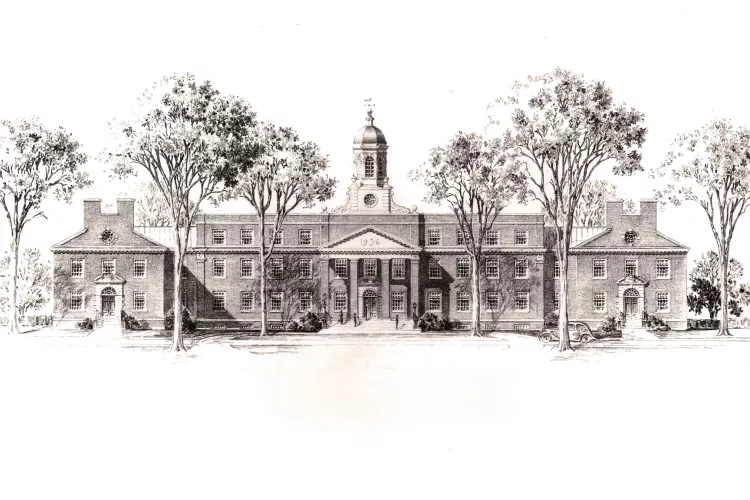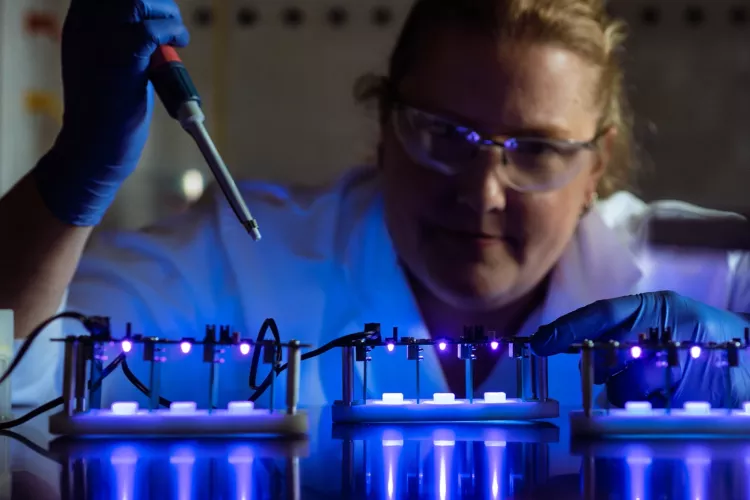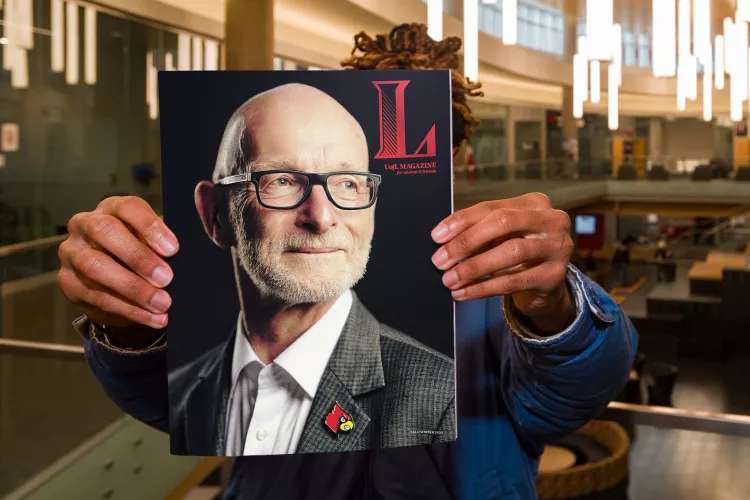UofL-born cell therapy startup completes $150 million IPO
October 2, 2024A University of Louisville startup working to develop a therapy that could improve the lives of kidney transplant recipients and sufferers of severe autoimmune disease has completed a $150 million initial public offering.
The company, Talaris Therapeutics Inc., has listed its shares on the NASDAQ Stock Market exchange under the ticker symbol “TALS.”
Talaris is working to develop and market a novel allogeneic cell therapy, called FCR001, which is intended to help transplant recipients to stay off immunosuppression drugs they would otherwise need for the rest of their lives. The therapy was invented at UofL by researcher and innovator Suzanne Ildstad, who founded the company and now serves as its chief scientific officer.
The therapy is designed to prevent organ rejection without the morbidity and mortality that has been associated with the use of lifelong anti-rejection medicines. Talaris has an exclusive license to the technology, which was developed by Ildstad's lab at UofL, through UofL's Commercialization EPI-Center.
Immunosuppressants help prevent rejection of the transplanted organ, but can cause serious side effects, including high blood pressure, diabetes, high cholesterol, neurological effects, increased risk of infection and decline in kidney function over time.
With this therapy, the goal is “helping organ transplant recipients no longer be dependent on immunosuppressive drugs, resulting in a greatly improved quality of life,” Ildstad said previously. “The support and research infrastructure at UofL have been invaluable in our journey to this important juncture.”
FCR001 consists of stem and immune cells taken from the organ donor and processed at Talaris’ GMP cell processing facility, then infused into the organ transplant recipient. The goal is to create a durable “dual immune system” (part donor-derived and part recipient) in the transplant recipient where these two immune systems coexist, recognizing both the recipient’s own body as well as the donated organ as self.
“This technology could help transplant patients live fuller, healthier lives,” said UofL Executive Vice President for Research and Innovation, Kevin Gardner. “This UofL research, in the hands of strong industry partners and backed by sophisticated life sciences investors and now public shareholders, is a big step in advancing our health.”
Talaris has secured significant funding over the past two years. In 2019, the company closed a $100 million series A round, which it used to hire staff and initiate a Phase 3 clinical trial for its therapy — the last step before applying for FDA approval.
A year later, it secured $115 million in a series B funding round to support that trial as well as two other Phase 2 trials that are expected to begin in the second half of 2021, including a planned Phase 2 trial of FCR001 in diffuse cutaneous systemic sclerosis, a severe form of the rare autoimmune disease scleroderma.
Baylee Pulliam leads research marketing and communications at UofL, building on her experience as an award-winning business, technology, health care and startups reporter. She is a proud product of the UofL College of Arts and Sciences, where she earned her undergraduate degree in English. She also holds an MBA, a Master of Arts in Organizational Leadership and is pursuing a Ph.D. in the latter with a focus on corporate innovation.



